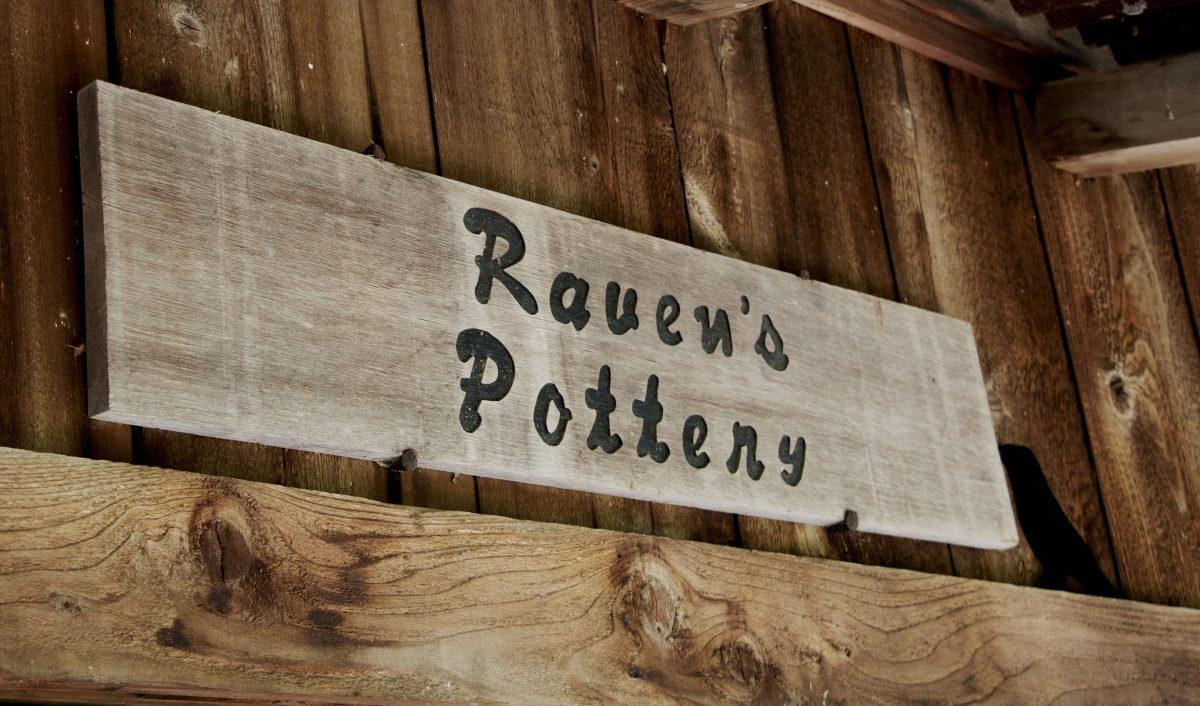A handful of history professors are objecting to a campus visit and lecture on business ethics from Andrew Fastow, the former CFO of Enron who spent six years in prison after the collapse of his company.
Members of Sam Houston State University’s accounting department and Joseph Agins, compliance officer at SHSU, put together the “Rules vs. Principles” event so Bearkats can learn from Fastow’s experience.
“Enron is kind of the poster child for a flawed corporate culture,” Agins said. “This is something that our students now and will continue to read about in history books for who knows how long. So, to be able to have the opportunity to hear and talk to somebody who was there is an excellent learning opportunity no matter what the topic.”
Fastow pleaded guilty to two counts of wire and securities fraud in 2004, which landed him a six-year prison sentence for his role in the accounting scandal that brought down Enron. He was released from prison in 2011, and since, gets paid to publicly talk about his role in the fall of the seventh largest corporation in the United States.
Four SHSU professors expressed their concerns about Fastow speaking to students and submitted a Letter to the Editor. In the op-ed, the professors shared their concerns about the reasons behind Fastow’s public speaking as well as their thoughts on how SHSU is being used. The full letter can be found here.
“Fastow’s appearance at SHSU only helps him profit from his criminality,” the professors stated in the Letter to the Editor. “Although he is not being paid for his speech here, Fastow is reported to be paid for speeches in professional settings. Speaking at the invitation of the accounting department and the university’s compliance officer lends Fastow the veneer of professional and moral respectability that allows him to continue to enjoy the fruits of his fraud. In this sense, Sam Houston State is being used.”
Professor Zachary Montz, a co-author of the letter, said the group was compelled to speak out after seeing how the announcement of Fastow’s presentation undersold the crime he really committed.
“The larger point that we all had in mind was if we were going to have this guy come to campus to talk about fraud, then we really need to situate that in a larger conversation,” Montz said. “And that’s a conversation that would include, as we pointed out in the editorial, people who did act ethically, like the Enron whistleblowers and perhaps the many victims from this area of the crime.”
Despite concerns, Fastow’s business ethics presentation is a full go. “Rules vs. Principles” is scheduled to take place in the Mafridge Auditorium in the Smith-Hutson building on Oct. 3 at 12:30 p.m. The Houstonian will have further coverage in next week’s issue.
[polldaddy poll=9841704]













Jake • Oct 1, 2017 at 9:54 am
Borrowed from the University of Chicago’s Report of the Committee on Freedom of Expression: and from which I whole heartedly agree:
In a word, the University’s fundamental commitment is to the principle that debate or
deliberation may not be suppressed because the ideas put forth are thought by some or
even by most members of the University community to be offensive, unwise, immoral,
or wrong-headed. It is for the individual members of the University community, not
for the University as an institution, to make those judgments for themselves, and to act
on those judgments not by seeking to suppress speech, but by openly and vigorously
contesting the ideas that they oppose. Indeed, fostering the ability of members of the
University community to engage in such debate and deliberation in an effective and
responsible manner is an essential part of the University’s educational mission.
As a corollary to the University’s commitment to protect and promote free expression,
members of the University community must also act in conformity with the principle
of free expression. Although members of the University community are free to
criticize and contest the views expressed on campus, and to criticize and contest
speakers who are invited to express their views on campus, they may not obstruct or
otherwise interfere with the freedom of others to express views they reject or even
loathe. To this end, the University has a solemn responsibility not only to promote a
lively and fearless freedom of debate and deliberation, but also to protect that freedom
when others attempt to restrict it.
As Robert M. Hutchins observed, without a vibrant commitment to free and open
inquiry, a university ceases to be a university. The University of Chicago’s longstanding
commitment to this principle lies at the very core of our University’s
greatness. That is our inheritance, and it is our promise to the future.
Jake • Oct 1, 2017 at 9:54 am
Borrowed from the University of Chicago’s Report of the Committee on Freedom of Expression: and from which I whole heartedly agree:
In a word, the University’s fundamental commitment is to the principle that debate or
deliberation may not be suppressed because the ideas put forth are thought by some or
even by most members of the University community to be offensive, unwise, immoral,
or wrong-headed. It is for the individual members of the University community, not
for the University as an institution, to make those judgments for themselves, and to act
on those judgments not by seeking to suppress speech, but by openly and vigorously
contesting the ideas that they oppose. Indeed, fostering the ability of members of the
University community to engage in such debate and deliberation in an effective and
responsible manner is an essential part of the University’s educational mission.
As a corollary to the University’s commitment to protect and promote free expression,
members of the University community must also act in conformity with the principle
of free expression. Although members of the University community are free to
criticize and contest the views expressed on campus, and to criticize and contest
speakers who are invited to express their views on campus, they may not obstruct or
otherwise interfere with the freedom of others to express views they reject or even
loathe. To this end, the University has a solemn responsibility not only to promote a
lively and fearless freedom of debate and deliberation, but also to protect that freedom
when others attempt to restrict it.
As Robert M. Hutchins observed, without a vibrant commitment to free and open
inquiry, a university ceases to be a university. The University of Chicago’s longstanding
commitment to this principle lies at the very core of our University’s
greatness. That is our inheritance, and it is our promise to the future.
Jake • Oct 1, 2017 at 9:54 am
Borrowed from the University of Chicago’s Report of the Committee on Freedom of Expression: and from which I whole heartedly agree:
In a word, the University’s fundamental commitment is to the principle that debate or
deliberation may not be suppressed because the ideas put forth are thought by some or
even by most members of the University community to be offensive, unwise, immoral,
or wrong-headed. It is for the individual members of the University community, not
for the University as an institution, to make those judgments for themselves, and to act
on those judgments not by seeking to suppress speech, but by openly and vigorously
contesting the ideas that they oppose. Indeed, fostering the ability of members of the
University community to engage in such debate and deliberation in an effective and
responsible manner is an essential part of the University’s educational mission.
As a corollary to the University’s commitment to protect and promote free expression,
members of the University community must also act in conformity with the principle
of free expression. Although members of the University community are free to
criticize and contest the views expressed on campus, and to criticize and contest
speakers who are invited to express their views on campus, they may not obstruct or
otherwise interfere with the freedom of others to express views they reject or even
loathe. To this end, the University has a solemn responsibility not only to promote a
lively and fearless freedom of debate and deliberation, but also to protect that freedom
when others attempt to restrict it.
As Robert M. Hutchins observed, without a vibrant commitment to free and open
inquiry, a university ceases to be a university. The University of Chicago’s longstanding
commitment to this principle lies at the very core of our University’s
greatness. That is our inheritance, and it is our promise to the future.
Jake • Oct 1, 2017 at 9:54 am
Borrowed from the University of Chicago’s Report of the Committee on Freedom of Expression: and from which I whole heartedly agree:
In a word, the University’s fundamental commitment is to the principle that debate or
deliberation may not be suppressed because the ideas put forth are thought by some or
even by most members of the University community to be offensive, unwise, immoral,
or wrong-headed. It is for the individual members of the University community, not
for the University as an institution, to make those judgments for themselves, and to act
on those judgments not by seeking to suppress speech, but by openly and vigorously
contesting the ideas that they oppose. Indeed, fostering the ability of members of the
University community to engage in such debate and deliberation in an effective and
responsible manner is an essential part of the University’s educational mission.
As a corollary to the University’s commitment to protect and promote free expression,
members of the University community must also act in conformity with the principle
of free expression. Although members of the University community are free to
criticize and contest the views expressed on campus, and to criticize and contest
speakers who are invited to express their views on campus, they may not obstruct or
otherwise interfere with the freedom of others to express views they reject or even
loathe. To this end, the University has a solemn responsibility not only to promote a
lively and fearless freedom of debate and deliberation, but also to protect that freedom
when others attempt to restrict it.
As Robert M. Hutchins observed, without a vibrant commitment to free and open
inquiry, a university ceases to be a university. The University of Chicago’s longstanding
commitment to this principle lies at the very core of our University’s
greatness. That is our inheritance, and it is our promise to the future.